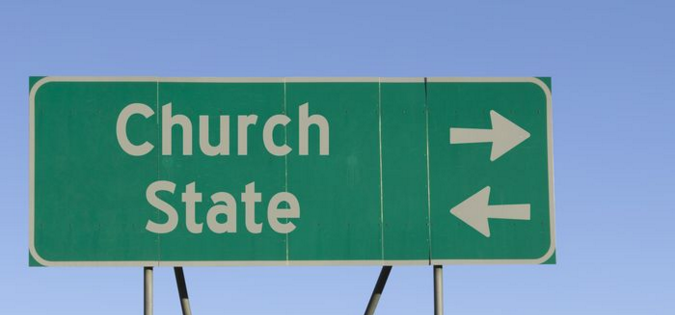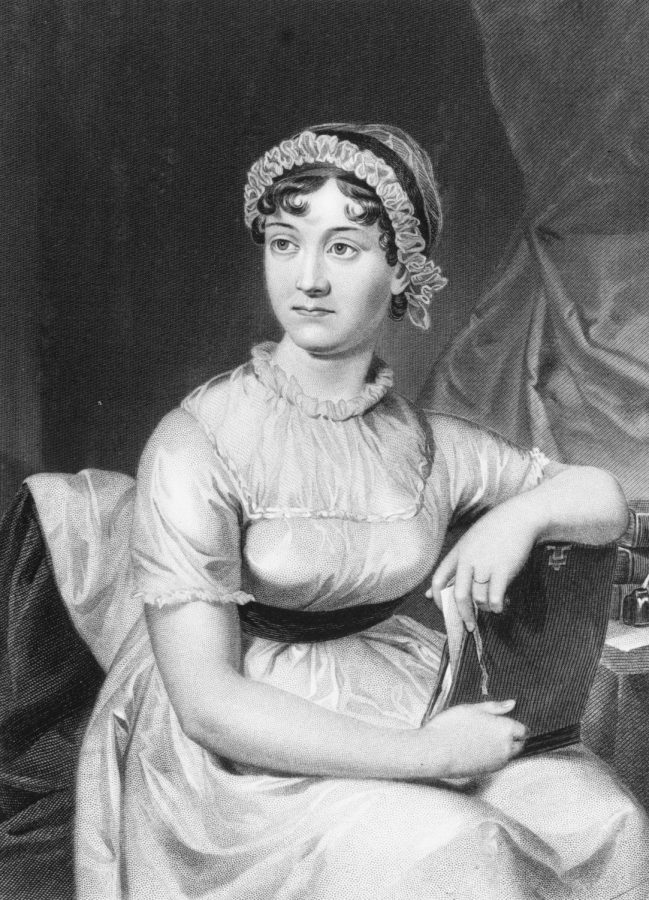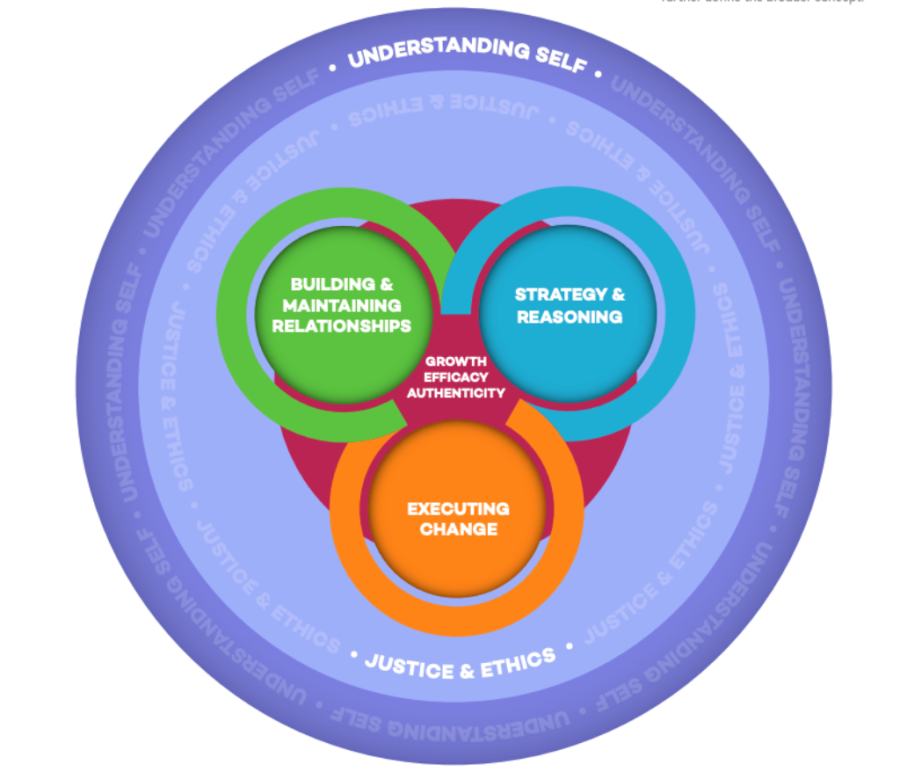The separation of church and state has been a fundamental principle in American politics for centuries, yet many politicians saturate their political views and campaigns in religious dogma and values. It is undeniable that religion plays an active role in politics today. To some Americans, Christian and American values are synonymous, while others prefer to separate their religious beliefs and political ideologies completely. The debate over the separation of religion and politics continues today, and is perhaps more important than ever before.
Many Americans claim that the United States was founded upon Christian values, although this is far from the truth. Several of the founding fathers did not subscribe to religion. In the Treaty of Tripoli, the United States stated, “[t]he government of the United States is not in any sense founded on the Christian religion.” Clearly, the founding fathers intentionally created a government in which the law would be free from religious influence and control, unlike many of the governments previously established in European countries. Today, most Americans share these values, and religious clergy are still prohibited from holding many positions in public office.
Although the United States has historically tried to separate religious and political spheres, we still struggle to separate the two. This problem largely began with politicians like Ronald Reagan, whose campaign was largely supported by white evangelicals. During his presidency, Reagen blurred the lines of politics and religion by holding an Ecumenical Prayer Breakfast, using religious language in his speeches, and cementing the Republican Party into a strong relationship with white Christians. In the years following his election, the Republican platform called for a ban on abortion with no exceptions, voluntary school prayer in public schools, and ignoring the Equal Rights Amendment. Reagan’s presidency permanently changed the relationship between religious groups and politicians – but why is that a problem?
Today, many debates about pressing issues like women’s reproductive healthcare and LGBTQ rights have been hijacked by religious arguments. Although everyone is entitled to their own beliefs, a problem is created when religious groups push for legislation based on their religious beliefs. As a result, others are forced to conform to another’s religious values, which violates the universal right to freedom of religion and freedom from religion. The majority of the interest groups who have opposed equality have based their arguments in religion. While this country has always welcomed freedom of thought, we also need to separate religion from the law.








